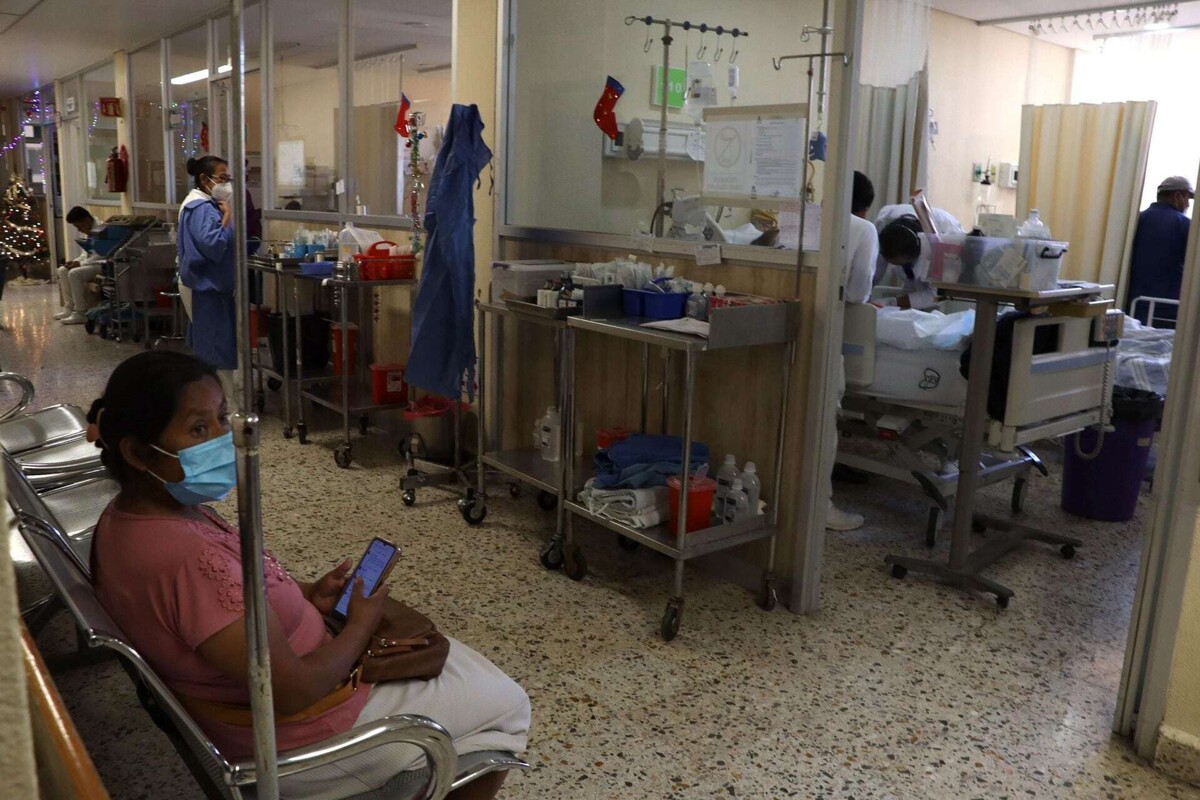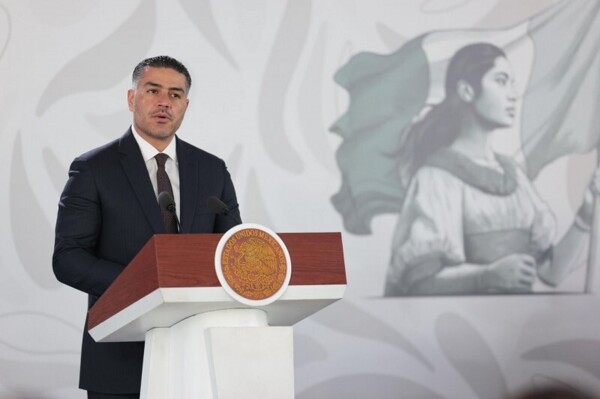
The national coordinator of Fabry Group Patients, Alejandra Zamora, emphasized the importance of the Mexican health system recognizing rare diseases and ensuring early diagnoses and accessible therapies. Various organizations, such as Fabry Group, From Head to Sky, and Great Little People, have urged authorities to implement public policies that protect patients with these diseases.
For its part, the Mexican government, through the Ministry of Public Education (SEP), has launched the Comprehensive National Strategy for Healthy Living. This program aims to monitor health indicators in approximately 24.9 million children in basic education to detect and prevent health problems from an early age. Despite these initiatives, active participation from society is essential to achieve a significant impact.
In Mexico, obesity figures are alarming, requiring concrete actions to reverse this trend. A significant increase in obesity rates has been observed in recent decades, demanding clear measures to address this public health issue.
In this regard, World Obesity Day, celebrated every March 4th, highlights the need to address this epidemic affecting millions of people. A joint effort is crucial to combat obesity in Mexico and ensure a healthier future for upcoming generations.
Rare diseases represent another challenge for public health in Mexico. These diseases not only affect the physical health of patients but also create educational, occupational, and social difficulties that impact their quality of life. Despite medical advances, access to treatments remains a barrier that must be addressed comprehensively within the health system.
Obesity is a risk factor for chronic diseases such as type 2 diabetes, hypertension, and cardiovascular diseases. This problem also affects children, as childhood obesity has doubled in the last two decades. Promoting healthy habits from home, such as balanced nutrition and regular physical activity, is essential to combat this epidemic.
Collaboration between the government, the private sector, and civil society is essential to create environments that encourage healthy choices and combat obesity. In Mexico, strategies have been implemented to address this issue, such as the prohibition of selling ultra-processed food and sugary drinks in schools.
During the morning conference, Dr. David Kershenobich, Secretary of Health, presented the "Health House by House" program, which aims to improve medical care for vulnerable populations through various axes such as patient-centered care without displacement, primary prevention and disease detection, emotional and social support, among others.
World Rare Disease Day, celebrated every February 28th, aims to raise awareness of people living with these diseases. The diagnosis of these conditions is complex and requires specialized studies. In Mexico, the treatment of diseases related to obesity represents a significant cost that impacts productivity and the national health system. Nutritional education and regulation of unhealthy food advertising directed at children are also key aspects in addressing these public health issues.













